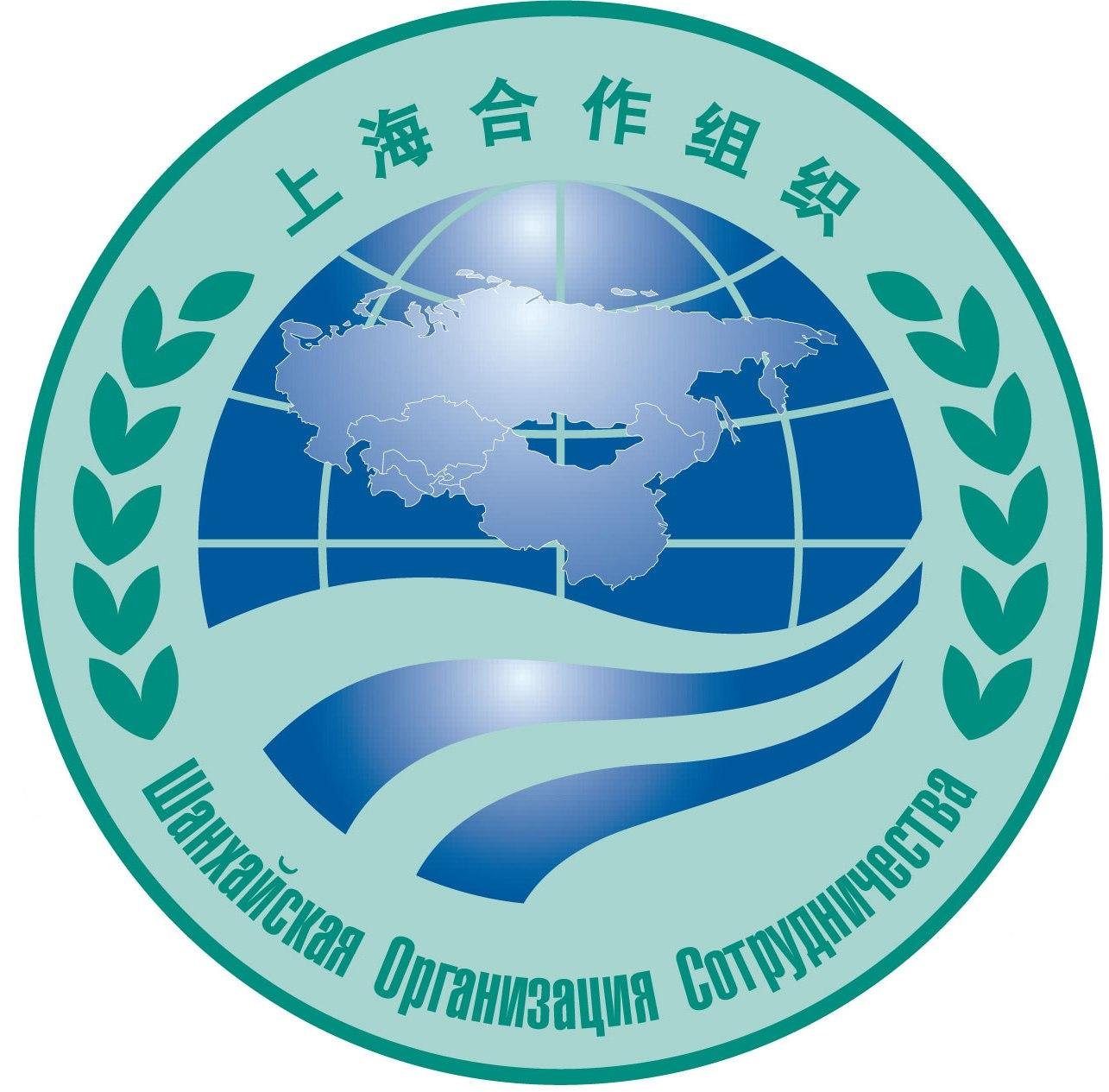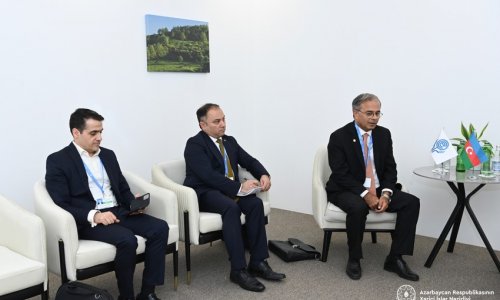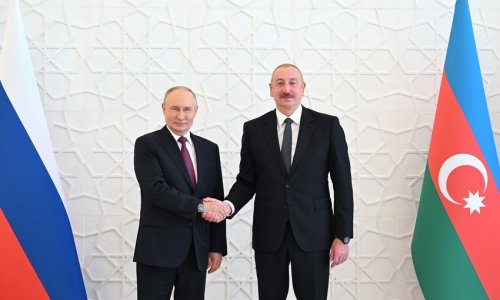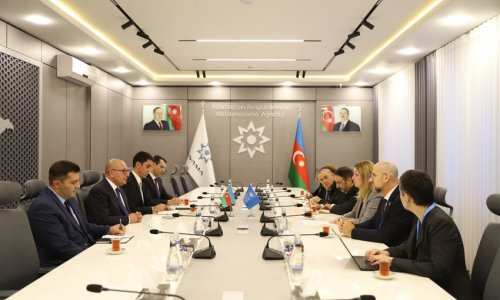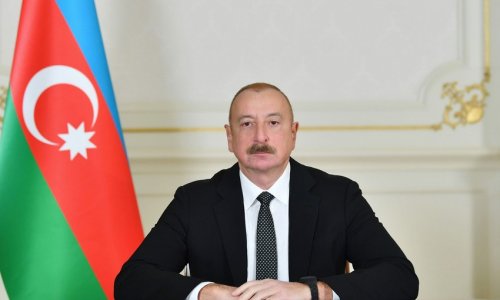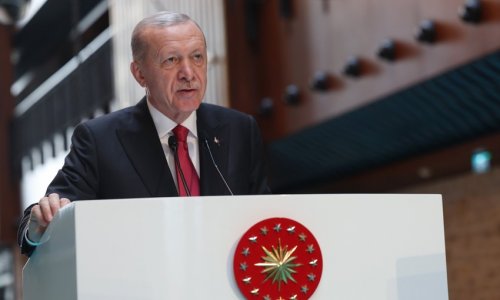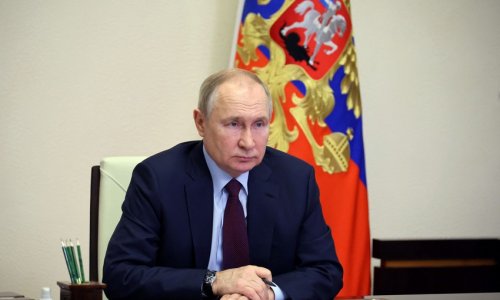One of the more interesting story lines from the recent Shanghai Cooperation Organization summit in Russia was the addition of new "dialogue partners": Armenia, Azerbaijan, Cambodia, and Nepal.
The role of a dialogue partner is not clear, and seems to vary: Belarus had been a dialogue partner, and played an active role in the organization. President Alexander Lukashenko went to the summit earlier this month and Belarus was upgraded to an SCO observer. Turkey, meanwhile, became a dialogue partner in 2013 and since then both the SCO and Ankara, by all public appearances, seem to have completely ignored one another.
But that caveat aside, becoming part of the SCO is nevertheless a statement of some sort of geopolitical intention. Armenia's accession is not too surprising: it is Russia which is clearly interested in pushing SCO expansion in order to boost its own international status, and Yerevan is highly susceptible to Moscow's wishes.
Azerbaijan's entrance, however, is more interesting. What does Azerbaijan have to gain from being part of the SCO?
For one, the SCO's focus on weakening Western norms of human rights is clearly attractive given its accelerating feud with the United States and European countries over what Baku says is unfair criticism of its political and human rights practices.
There's also relatively little cost to joining, other than disapprobation in Western circles. SCO partnership status will damage Baku's claim that it is a faithful ally to the West. But it could also, as with Azerbaijan's increasing criticism of the U.S. and Europe and flirtation with Russia, position itself as a prize in a geopolitical tug-of-war and impress upon Western policymakers the risk of neglecting Baku's interests.
But there is debate within Azerbaijan on that point. "Regardless of the fact that Baku's relations with the current leadership of Westen countries has soured, Azerbaijan does not intend to turn away from Europe," said Zakhid Orudzh, another MP, in an interview with -- of all sources -- the Azerbaijani version of Russian news service Sputnik. "Our economic ties with EU countries will remain at the same level."
From Azerbaijan, most of the analysis of the news has focused on the potential economic benefits, especially with respect to China. "We're interested in the Chinese "Silk Road" project, of which we can be an important economic and communications component," wrote Rasim Musabayov, a political scientist and member of Azerbaijan's parliament, on his facebook page. He also framed the SCO as a natural alliance with Azerbaijan's Turkic relatives in Central Asia. "Longstanding partnership relations tie Azerbaijan with Kazakhstan, Uzbekistan, and Kyrgyzstan. In recent years relations with Russia have risen to the level of strategic partnership. And most of all, economic relations with China are successfully developing."
But there is also discussion of the potential role the SCO could play in resolving the conflict over Nagorno Karabakh. "The SCO could become a new platform for discussing the Karabakh question," said retired Azerbaijani diplomat Fikret Sadykhov. "The potential of the OSCE Minsk Group has long been exhausted and it's useless to expect positive results from that organization."
And Musabayov noted: "In the future it's entirely possible that something like the OSCE, but for Asia, will be created on the basis of the SCO. Participating in the beginning stages of the formation of an architecture of security and cooperation in Asia is extremely important for Azerbaijan."
It seems very wishful thinking to expect that the SCO would 1. want to be involved in the Karabakh conflict and 2. that it would have any more success than the OSCE has. So that is a curious justification.
In any case, Azerbaijan has no interest in becoming anything more than an SCO dialogue partner, said Arzu Naghiyev, deputy director of the Azerbaijani Trend news agency. And Naghiev also threw cold water on the potential for the SCO to help Azerbaijan, arguing that China and Azerbaijan have conflicting strategies for the reason: "Let me remind you that China wants to create a common space in the near future and Azerbaijan has very different plans and prospects." (He did not provide details.)
So what to make of all this? There is clearly a difference of opinion in Baku's elite about SCO cooperation. And the situation is far from static: the Caucasus analysis website Commonspace.eu noted that Azerbaijan's foreign minister has made two visits to Moscow recently, leading to speculation that Moscow could have a new initiative on Karabakh in the works. Baku's foreign policy has already been in some turmoil of late, and this would only add to that. Stay tuned.
(Eurasianet)
www.ann.az
Follow us !

